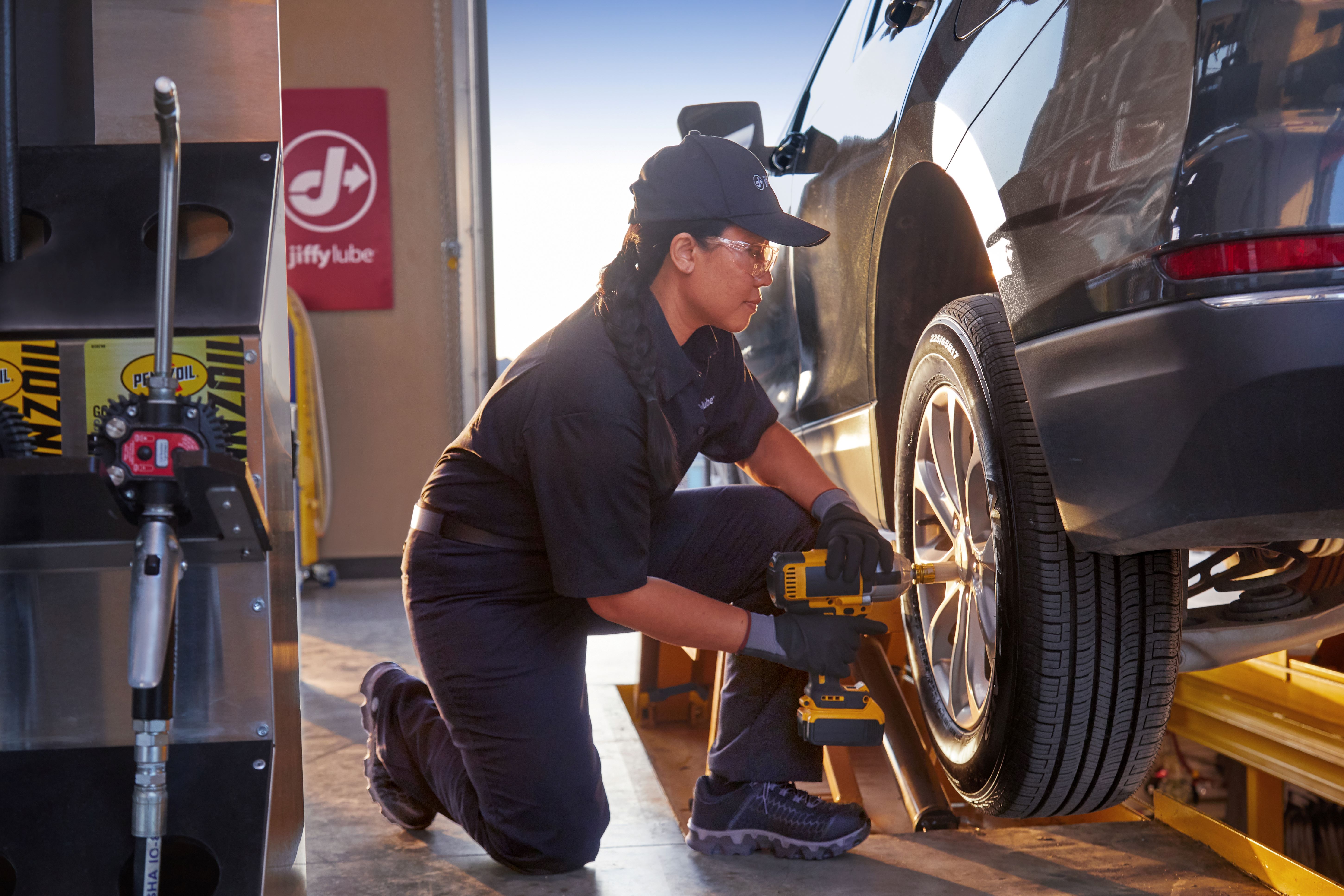Enjoy Big Savings on Discount Tires Morris IL: Shop Now for Bargains
Enjoy Big Savings on Discount Tires Morris IL: Shop Now for Bargains
Blog Article
Tire Solution: Comprehending Tire Pressure Monitoring Systems
Comprehending Tire Stress Monitoring Solutions (TPMS) is an essential facet of maintaining ideal lorry performance and safety and security on the roadway. With developments in auto technology, TPMS has become a common function in modern lorries, providing real-time details on tire stress levels.

Importance of TPMS
The relevance of Tire Stress Surveillance Systems (TPMS) depends on their capability to improve lorry safety and performance through real-time tracking of tire stress degrees. Keeping the proper tire stress is essential for making sure optimum handling, stopping, and overall safety of an automobile. TPMS gives vehicle drivers with immediate feedback on any underinflated or overinflated tires, enabling for timely adjustments to be made.
Parts of TPMS
Making up various important components, a Tire Pressure Monitoring System (TPMS) works as an advanced security attribute in modern-day cars. The primary components of a TPMS include sensing units, a control component, and a warning indicator. Sensors are normally located in the tire valve stem or connected to the wheel setting up, where they gauge tire stress and transmit data to the control component. The control component processes this information and sets off a caution if it spots considerably reduced stress in any of the tires. The warning sign, commonly an icon on the control panel, notifies the chauffeur to examine the affected tire or tires. Some progressed TPMS designs additionally display the actual tire pressure readings for each tire, giving vehicle drivers with real-time information to make sure optimum tire efficiency and safety. By keeping an eye on tire stress continually, TPMS helps avoid mishaps, minimizes tire wear, and boosts gas efficiency, making it an important element for automobile safety and security and efficiency.
Kinds Of TPMS

On the other hand, indirect TPMS relies upon the car's wheel speed sensing units to monitor tire pressure. This system spots underinflation by contrasting the rotational rates of the wheels. Indirect TPMS is less expensive than straight TPMS, as it uses existing sensing units within the car.
While straight TPMS supplies extra exact readings, indirect TPMS is easier in style and usually calls for less upkeep. Both systems have their benefits and restrictions, and the choice in between them usually depends upon elements such as expense, vehicle make, and personal preference. Understanding the differences between these 2 sorts of TPMS can aid lorry proprietors make educated choices relating to tire maintenance and safety and security.
TPMS Maintenance Tips
Efficient upkeep of TPMS is necessary for making certain optimal performance and security of your lorry. Routinely checking the TPMS sensing units for any kind of damages or deterioration is essential. Guarantee that the sensors are tidy and cost-free from particles that could disrupt their performance. Additionally, it is advisable to check the sensor batteries periodically and replace them as needed to guarantee accurate readings. Conduct routine checks on the tire pressure degrees and contrast them with the TPMS analyses to guarantee they correspond. Rectify the system adhering to the supplier's standards if there are any kind of inconsistencies. In addition, throughout tire rotation or replacement, ensure that the TPMS elements are managed thoroughly to stop any kind of possible damage. Last but not least, if the TPMS advising light illuminates on the dashboard, resolve the problem quickly by checking the tire stress and the overall system for any kind of mistakes. By adhering to these upkeep tips, you can lengthen the life expectancy of your TPMS and boost the my website security of your visit this site driving experience.
Benefits of Correct Tire Pressure
Keeping correct tire pressure, as stressed in TPMS Maintenance Tips, is essential for reaping the various benefits connected with optimal tire stress levels. Among the main advantages of preserving the right tire stress is improved gas effectiveness. When tires are properly blown up, there is less moving resistance, resulting in far better fuel economic situation. Furthermore, correct tire pressure guarantees even tire wear, expanding the lifespan of the tires and advertising more secure driving problems. With the right tire pressure, cars likewise have much better handling and grip, especially in negative weather. This can improve total driving efficiency and safety and security for the vehicle driver and passengers. Furthermore, maintaining optimal tire pressure can add to a smoother and more comfortable ride by reducing vibrations and sound created by underinflated tires. In final thought, the benefits of proper tire pressure go past simply tire durability; they encompass improved gas effectiveness, improved safety, better vehicle performance, and total driving convenience.
Final Thought
To conclude, understanding tire stress monitoring systems (TPMS) is critical for preserving optimum tire stress and guaranteeing vehicle find out this here security. By recognizing the value of TPMS, recognizing with its parts, understanding the different types readily available, adhering to proper maintenance ideas, and understanding the advantages of keeping appropriate tire stress, chauffeurs can boost their driving experience and lengthen the life expectancy of their tires. Proper tire pressure is crucial to secure and reliable car procedure.

Report this page